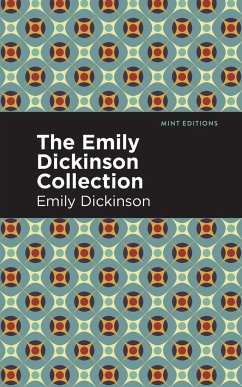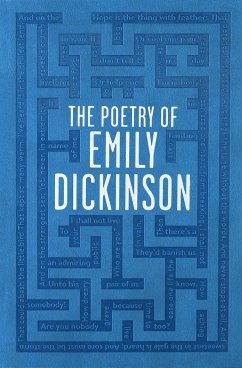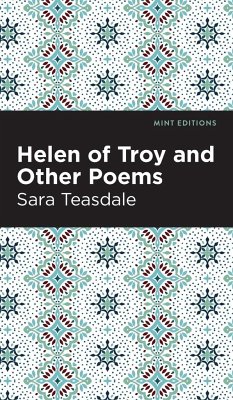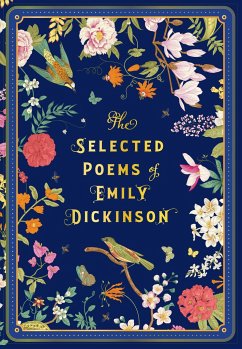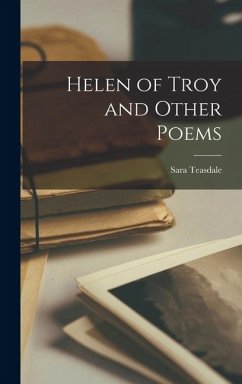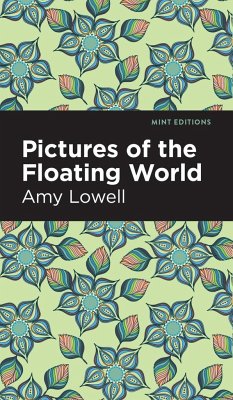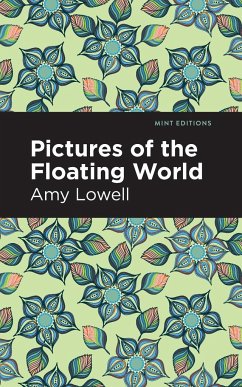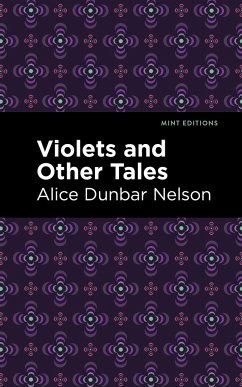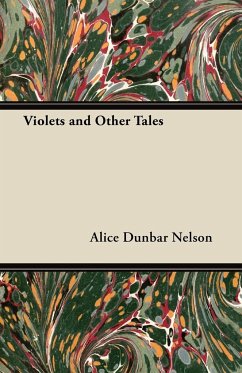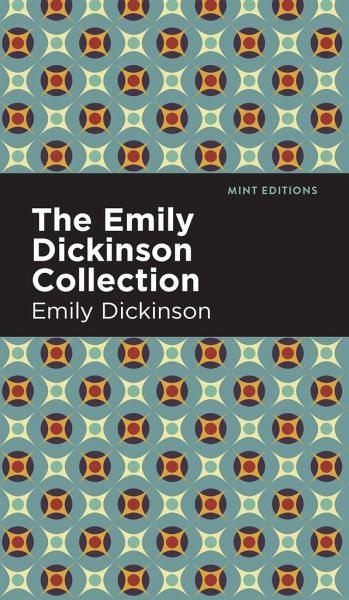
The Emily Dickinson Collection

PAYBACK Punkte
16 °P sammeln!
The Emily Dickinson Collection (2021) compiles some of the best-known works of an icon of American poetry. Out of nearly two-thousand poems discovered after her death, less than a dozen appeared in print during Dickinson's lifetime. Drawn from such influential posthumous volumes as Poems (1902) and The Single Hound (1914), The Emily Dickinson Collection captures the spiritual depths, celebratory heights, and impenetrable mystery of Dickinson's poetic gift. "Fame is a fickle food / Upon a shifting plate, / Whose table once a Guest, but not / The second time, is set." Deeply aware of the fleetin...
The Emily Dickinson Collection (2021) compiles some of the best-known works of an icon of American poetry. Out of nearly two-thousand poems discovered after her death, less than a dozen appeared in print during Dickinson's lifetime. Drawn from such influential posthumous volumes as Poems (1902) and The Single Hound (1914), The Emily Dickinson Collection captures the spiritual depths, celebratory heights, and impenetrable mystery of Dickinson's poetic gift. "Fame is a fickle food / Upon a shifting plate, / Whose table once a Guest, but not / The second time, is set." Deeply aware of the fleeting nature of fame, Dickinson-whose reputation in life was as a lonely eccentric who rarely, if ever, left home-seems to provide some clarity as to why publication so often eluded her. Having published just ten poems in her lifetime, Dickinson continued to write in solitude until her final years. Her final word on fame is a warning, perhaps, for poets whose fate would differ from her own: "Men eat of it and die." Despite her admonishing tone, she found space elsewhere to muse on the nature of literary achievement, recognizing that obscurity could incidentally produce the conditions for a poet to produce their most vital work: "Success is counted sweetest / By those who ne'er succeed. / To comprehend a nectar / Requires sorest need." Throughout her life, Emily Dickinson showed a profound respect for the mysteries of worldly existence. In her poems, this creates an atmosphere of prayer and contemplation, a search for something beyond the simple answers: "Some things that fly there be, - / Birds, hours, the bumble-bee: / Of these no elegy." Amid such fleeting things, she catches a glimpse of eternity. This edition of The Emily Dickinson Collection is a classic of American poetry reimagined for modern readers. Since our inception in 2020, Mint Editions has kept sustainability and innovation at the forefront of our mission. Each and every Mint Edition title gets a fresh, professionally typeset manuscript and a dazzling new cover, all while maintaining the integrity of the original book. With thousands of titles in our collection, we aim to spotlight diverse public domain works to help them find modern audiences. Mint Editions celebrates a breadth of literary works, curated from both canonical and overlooked classics from writers around the globe.



